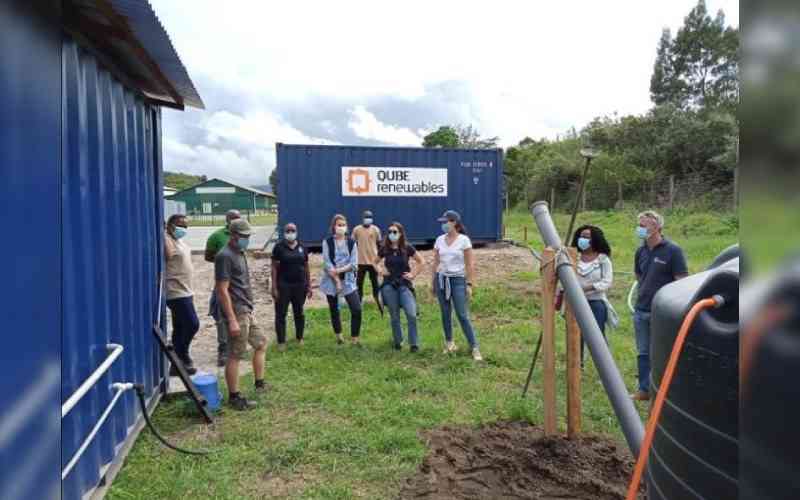×
The Standard e-Paper
Home To Bold Columnists

Waste from discarded flowers and high energy costs are key among challenges flower farms grapple with. They invest money and resources in addressing them. It is therefore a big relief to them as a new innovation seeks to provide a solution to the twin challenges.
Championed by QUBE Renewables Ltd, the technology dubbed 'anaerobic digestion' uses bacteria to break down organic matter and generate biogas that can be used for cooking and for electricity generation.